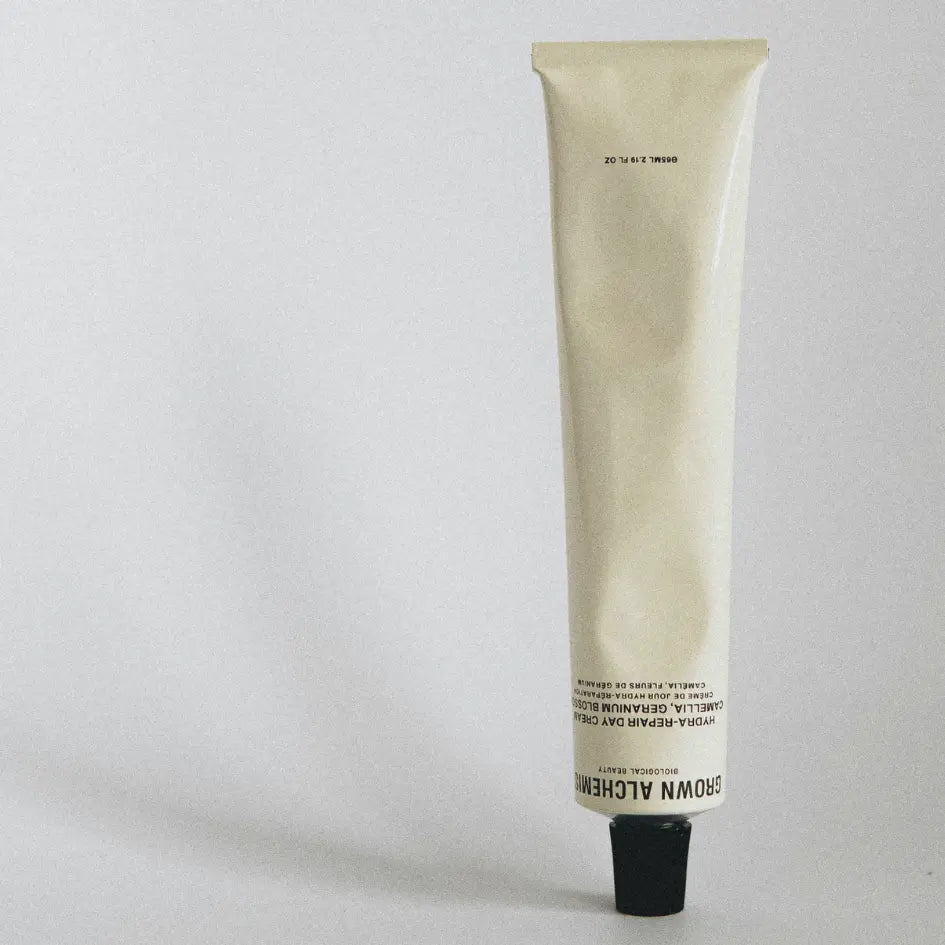Lemlem
Our ratings are based on a scale from 1 (Avoid) to 5 (Top Choice).
See how we rate.
The Shifting Gaia rating evaluates brands based on sustainable practices, ingredients and materials, and social responsibility, among others. Below are a few factors influencing this brand's score:
overview
about
Lemlem is an artisan-driven fashion label supporting African women weavers with sustainable materials and fair trade practices. Highlights
• Women artisan partnerships in Africa
• Lemlem Foundation donates 5% of sales
• Small-batch, upcycled production
• BSCI-certified labor practices
sustainability
details:
Packaging
Lemlem uses 100% biodegradable, compostable packaging for its products.
Material Sustainability
On one hand, the brand favors natural and lower-impact fibers in its ready-to-wear line – for example, many of Lemlem's signature handwoven pieces are made from 100% cotton (a renewable, biodegradable fiber), and the collections include breathable linen and responsibly sourced viscose. However, there's no clear indication that these natural fibers are certified organic or sustainably farmed, and cotton in particular can have a high water and pesticide footprint if not organic.
On the other hand, Lemlem has embraced recycled synthetics in categories like swimwear: the brand uses materials like REPREVE® (a recycled polyester yarn) and ECONYL® (a regenerated nylon from waste) in its swim collection. For example, many Lemlem swimsuits are made with an Italian or Spanish fabric that is Oeko-Tex® certified and lined with ECONYL® nylon derived from recycled plastic waste.
Despite these positives, Lemlem does not publish a detailed breakdown of all materials used across its product range. This lack of transparency makes it difficult to gauge the overall percentage of sustainable materials (recycled, organic, or certified) versus conventional materials.
Energy Use and Footprint
Lemlem's production model provides some inherent energy and emissions advantages, yet the brand has not publicly documented comprehensive efforts to reduce its carbon footprint.
Waste Management
The brand actively works to minimize waste at multiple stages of its production and product lifecycle. Most notably, Lemlem limits its production runs and produces in small batches to avoid excess inventory. Lemlem has a dedicated upcycled accessories collection in which many bags, pouches, and other accessories are made from leftover handwoven fabric scraps.
There is limited information on whether Lemlem has end-of-life programs for their garments (such as take-back or recycling programs for old clothes).
Business Model
Lemlem's business model embodies many principles of mindful, slow fashion rather than the rapid-turnover, overconsumption-driven model of fast fashion. From its inception, Lemlem has prioritized quality, craftsmanship, and cultural preservation over churning out disposable trends.
non-toxic
details:
On the positive side, several of Lemlem's fabrics carry the STANDARD 100 by OEKO-TEX® certification, which means they have been tested to be free from a range of harmful substances.
Where Lemlem is weaker is in manufacturing chemical management and transparency. The brand has not published a Restricted Substances List or any formal policy on eliminating hazardous chemicals from its production. This suggests that aside from choosing some certified fabrics, Lemlem might not have a comprehensive program for non-toxic dyes and processes across all products.
social responsibility
details:
Lemlem produces its garments in Africa (notably Ethiopia, Kenya, and Morocco), and it places a strong emphasis on artisan partnerships, fair wages, and safe working conditions for the people crafting its clothes. A portion of Lemlem's production is independently audited and certified to the BSCI (Business Social Compliance Initiative) Code of Conduct. Moreover, Lemlem's business model actively empowers local communities and artisans, particularly women. The brand was founded to provide jobs for Ethiopian weavers, and it continues to partner with women-led artisan groups and workshops.
Lemlem is effectively a 100% cruelty-free fashion brand in terms of materials used, even if it doesn't market itself as “vegan.” The brand's product range consists of items made from plant-based or synthetic materials (cotton, linen, rayon/viscose, and recycled polyester/nylon for swimwear) and does not appear to use any animal-derived materials.
Lemlem distinguishes itself with a deep commitment to community empowerment and charitable engagement, going well beyond what most fashion brands do. Central to this is the Lemlem Foundation, a non-profit initiative founded by Liya Kebede alongside the brand. Lemlem pledges 5% of all online sales to the Lemlem Foundation. Specifically, the foundation focuses on promoting better access to healthcare, education, and economic opportunities for female artisans in Africa.



